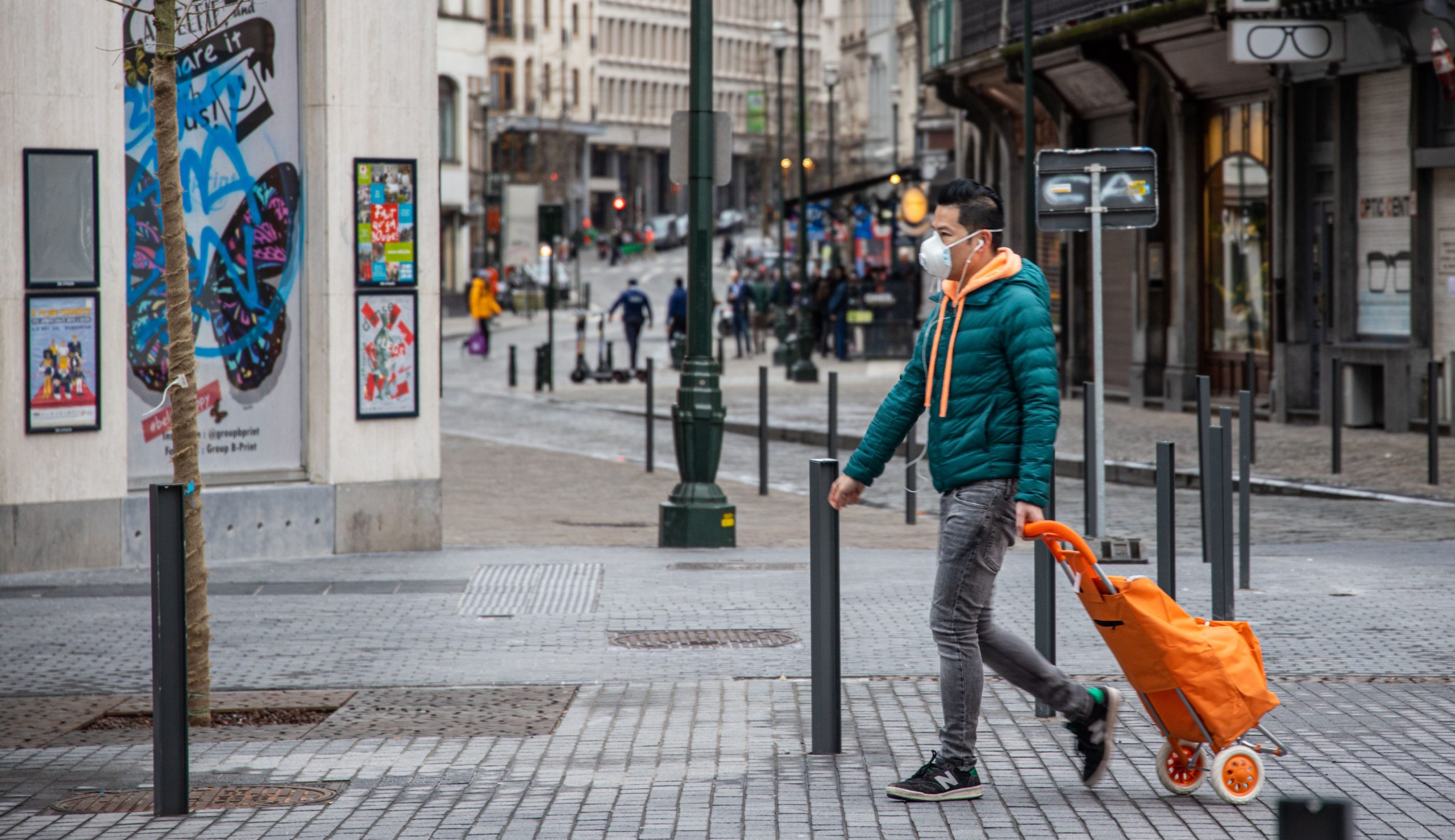According to a UN report, we are collectively living in the hardest time since World War II. Indeed, the coronavirus pandemic is responsible for an ongoing economic and health crisis. In challenging times like these, building resilience is crucial to surviving and thriving.
What Is Resilience?
Psychology Today defines resilience as “the psychological quality that allows some people to be knocked down by the adversities of life and come back at least as strong as before.” In simple words, resilience is a quality that enables an individual to bounce back from challenges like death, unemployment, and trauma.
What is resilience theory?
Resilience theory is a psychological framework used to understand what makes a person resilient or strong enough to withstand hardship in their life. Psychologist Catherine Moore thinks “it’s not the nature of adversity that is most important, but how we deal with it.”
How Is Pandemic Resilience Helpful?
While some people are naturally more resilient than others, anyone can build resilience. Having the ability to bounce back is essential to get through all kinds of challenges. Given that the pandemic has already lasted a year with no end in sight, resilience is essential in the age of COVID-19.
5 ways to build coronavirus resilience

1. Practice Acceptance
If you are unable to sleep well, accept that you are unable to sleep well. If you need some time off, accept that you need some time off, and so on. Acceptance is key when it comes to building resilience. Caroline Vo, the founder of the yoga community Omflow says, “In building resilience through a pandemic, it’s important to recognize and acknowledge how you’re feeling without judgment. Allow yourself the space and time for discovering and coming to terms with your truth.” Once you accept whatever it is you’re struggling with, the struggle becomes a lot easier. Acceptance also helps one have realistic expectations of themselves and life in general.
2. Manage your expectations
We don’t know for sure when the pandemic will end. Even when the situation gets under control, COVID-19 isn’t going away any time soon. For the foreseeable future, life will never go back to the pre-pandemic era. What this means is that we all need to set new expectations in accordance with our new normal. Pre-pandemic goals and plans must be a part of your present only after they have been suitably adjusted. When you have realistic expectations, you can set realistic goals and actually meet them. Plus, you will avoid the unhelpful stress that comes with the inability to meet unrealistic expectations, thereby building resilience.
3. Find some joy
It may seem like an impossible task to find joy in the middle of the coronavirus pandemic. But if you look close enough, you’ll find that it’s certainly possible. Brene Brown said that “Joy, collected over time, fuels resilience — ensuring we’ll have reservoirs of emotional strength when hard things do happen.”
Joy, humor, and laughter not only make life worth living, they also boost resilience. Heather S. Lonczak, Ph.D explains: “The belief that laughter heals the mind has been around for centuries. And why not? Humor just feels good; it distracts us from our problems and promotes a lighter perspective.”

4. Turn to community
Resilience cannot be a solo job. You need to have at least one person in your life who you can confide in and rely on. Even if you are someone who doesn’t have a community, make an effort to find like-minded people. Kirsten Samuel, founder of Kamwell, sheds some light on how to do this. “To say that our lives have altered dramatically would be an understatement. Focus on creating a community wherever you are and bring people together to share experiences. Surround yourself with others that fuel and feed you, and vice versa. Through engaging with and fuelling one another, we individually and collectively burn brighter. While this period is rife with uncertainty, one thing that can help is considering what you are excited to do when things return to a level of normalcy. What are you most anticipating? Make a list of all the activities you want to do and who with. This not only keeps us motivated but gives us hope.”
5. Be grateful
Gratitude is a healthy coping mechanism. It helps shift our focus from what is wrong and distressing, and reminds us of better things in our life. Of course, this doesn’t mean challenges go away but it helps put them in context.
Psychotherapist Penny Bedford says: “Gratitude is the practice of acceptance, noticing positives in the here and now, and appreciating what each situation/experience brings. As it helps us to attend to the good, as well as the stressors we face, it increases our awareness of what we have. It enables us to to be kind and empathetic to ourselves and others. Resilience builds naturally when we use gratitude to remain balanced and grounded. It’s no surprise that those who practice gratitude report enhanced mood, a stronger immune system and a more secure sense of connection with themselves and others.”
Final Thoughts on Building Pandemic Resilience
As Maya Angelou said, “You may not control all the events that happen to you, but you can decide not to be reduced by them.”
The path to developing resilience may be unique to you, but you’re not alone. Exploring different therapies and discovering what is best suited to you can make a big difference in your personal growth.
Mindsplain’s Journalistic Standards and Practices
About Mindsplain • Report Typo or Error

